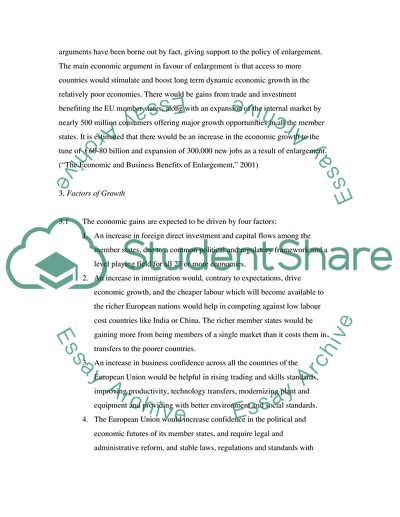Cite this document
(“Why the Enlargement of EU is Beneficial for the Economy of the Member Essay”, n.d.)
Retrieved from https://studentshare.org/macro-microeconomics/1520580-eu-economy-issues-and-policies
Retrieved from https://studentshare.org/macro-microeconomics/1520580-eu-economy-issues-and-policies
(Why the Enlargement of EU Is Beneficial for the Economy of the Member Essay)
https://studentshare.org/macro-microeconomics/1520580-eu-economy-issues-and-policies.
https://studentshare.org/macro-microeconomics/1520580-eu-economy-issues-and-policies.
“Why the Enlargement of EU Is Beneficial for the Economy of the Member Essay”, n.d. https://studentshare.org/macro-microeconomics/1520580-eu-economy-issues-and-policies.


